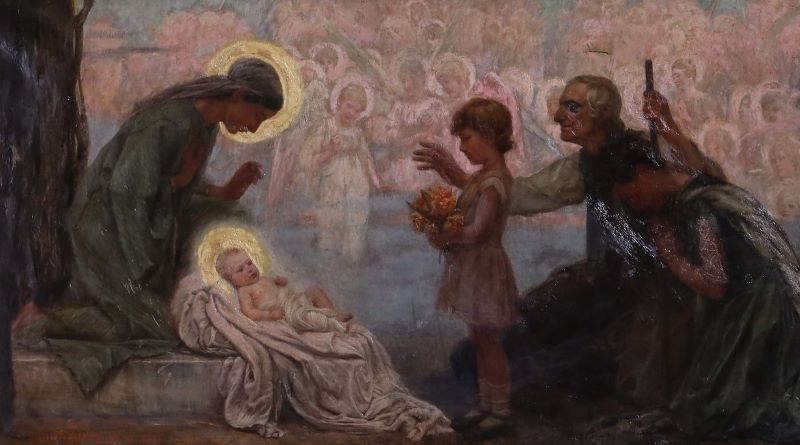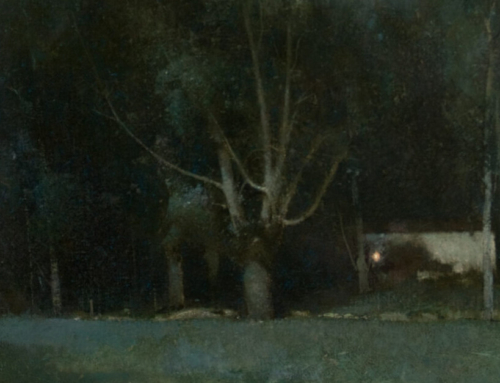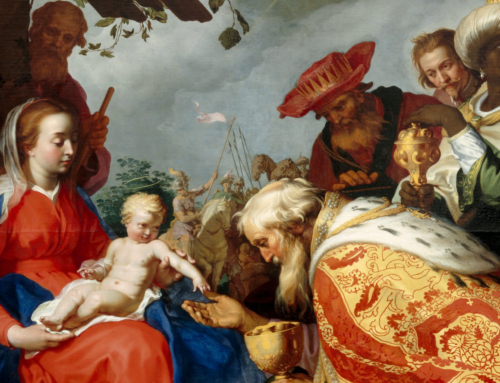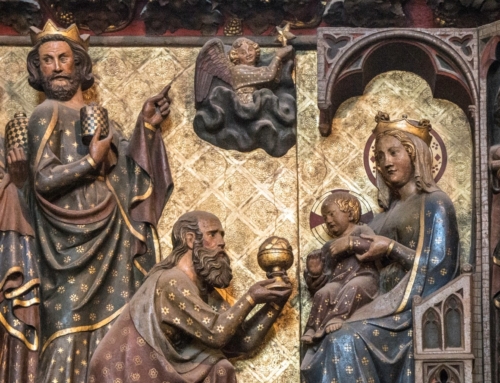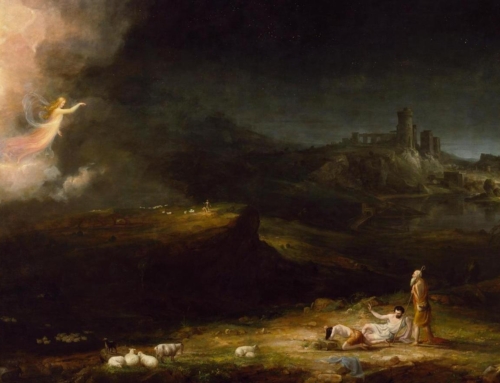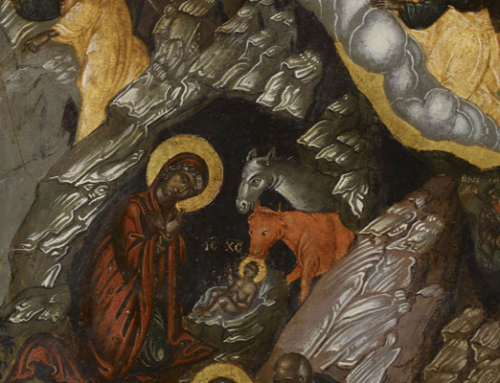During the season of Advent, we prepare for the unfathomable wonder of the Nativity: God sharing our humanity and humility so that we can share his divinity and dignity. Yet even the incomprehensible wonder of the Incarnation runs the risk of being taken for granted. Christmas comes predictably every year, and everyone will inevitably share the sentiment that this Advent flew by even more quickly than last year’s. It can be hard to pause during this time and just be lost in the wonder of what we are preparing to celebrate.
G.K. Chesterton, with his usual witty insight, once wrote, “Fairy tales say that apples were golden only to refresh the forgotten moment when we found that they were green” (Orthodoxy). Through the lens of a fairy tale we can re-experience the wonder of truths that we have forgotten are wonderful. One of the greatest fairy tales of our age is the expansive mythology of J.R.R. Tolkien. His stories about Middle-earth capture the tragedy of sin’s corruption of the world. But they also reveal the marvel of the Incarnation in ways that are explicit, surprising, overlooked, and “peculiar”—to use the author’s own word.
Throughout Tolkien’s works, we are made to feel the painful ache of Israel’s longing for her savior. Men (and elves) attempt over and over again to defeat evil and reestablish an earthly paradise by their own strength, which always inevitably fails. Even the triumphant ending of The Lord of the Rings is not the end of the story. Tolkien planned a sequel but quickly abandoned it as it proved only “sinister and depressing” (The Letters of J.R.R. Tolkien, Letter 256). The villain may have been destroyed, but sin continued to fester. We cannot redeem ourselves. We cannot create our own paradise.
Tolkien portrays this piercing longing for salvation and restoration in order to reignite our wonder and joy in the Incarnation. He plants a seed of hope in a little-known work of his, called the Athrabeth Finrod ah Andreth (The Debate of Finrod and Andreth). The two characters, Finrod and Andreth, discuss the tragic brokenness of the world and whether there is any hope for its ultimate healing. Andreth reveals a prophecy handed down by her people:
“They say that the One will himself enter into the world, and heal men and all the marring from the beginning to the end. . . . But how could [God] enter into the thing that he has made, and than which he is beyond measure greater? . . . They speak of [God] himself entering into the world, and that is a thing wholly different. How could he, the greater, do this? Would it not shatter [the world], or indeed all [creation]?” (Athrabeth Finrod ah Andreth, Part IV of Morgoth’s Ring).
To which Finrod replies:
“These things are beyond the compass of the wisdom even of [the angels] . . . . If [God] wished to do this, I do not doubt that he would find a way, though I cannot foresee it. For even if he in himself were to enter in, he must still remain also as he is: the Author without. And yet, I cannot conceive how else this healing could be achieved” (Athrabeth Finrod ah Andreth).
There are certainly many momentary triumphs in Tolkien’s mythology. But the only lasting triumph of ultimate salvation lies dormant within this tiny seed of hope, which will fully blossom after being watered by unnumbered tears. Only God can save us. And God has saved us. And he has done so in a way that is marvelous beyond comprehension. The One who alone can save our world has entered it to heal us and to restore all things. He has brought himself to us that he might bring us to himself. Let us take the time to simply be lost in wonder as we prepare to celebrate the Incarnation, an unfathomable mystery of unfathomable joy.
✠
Photo by Fr. Lawrence Lew, O.P. (used with permission)

